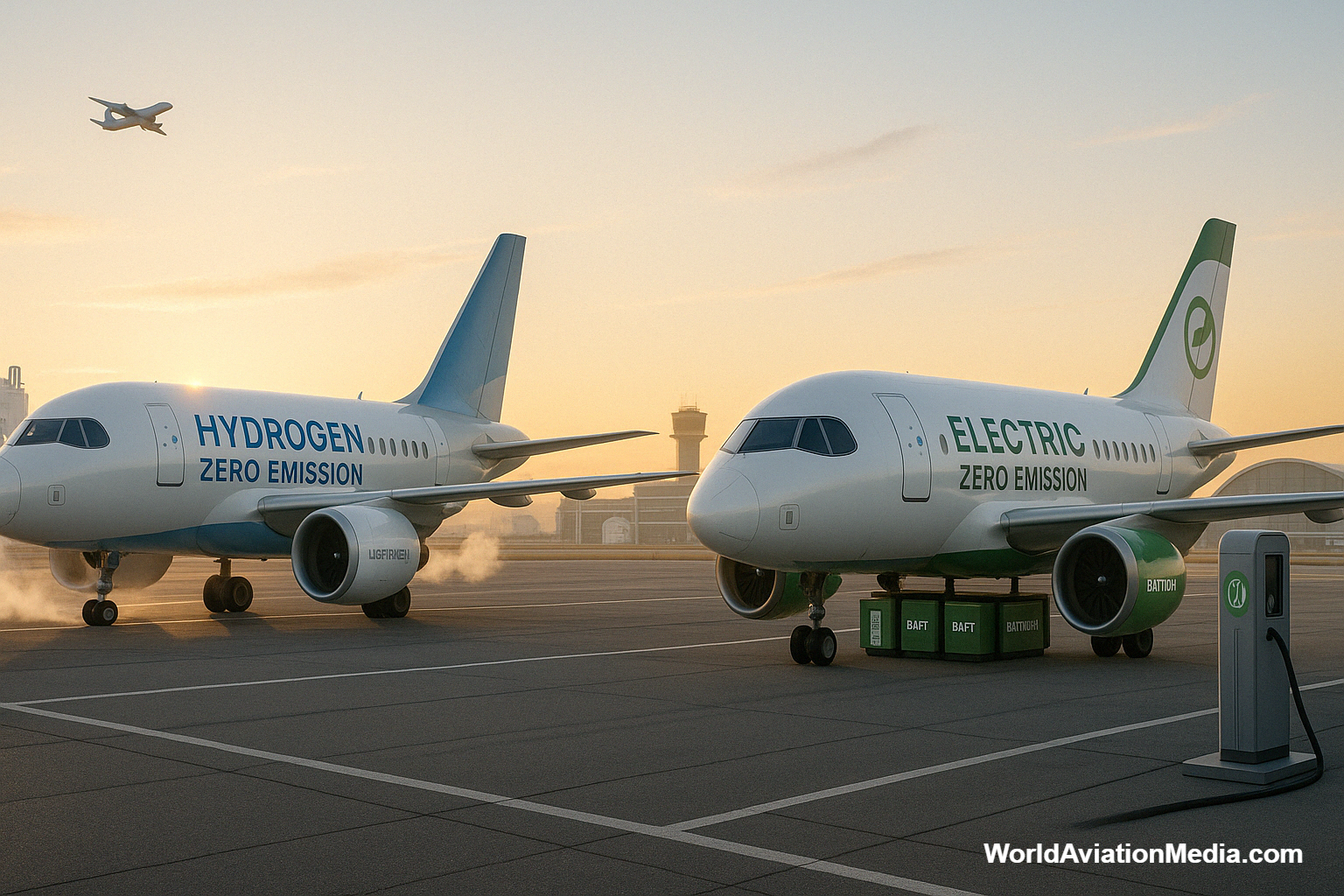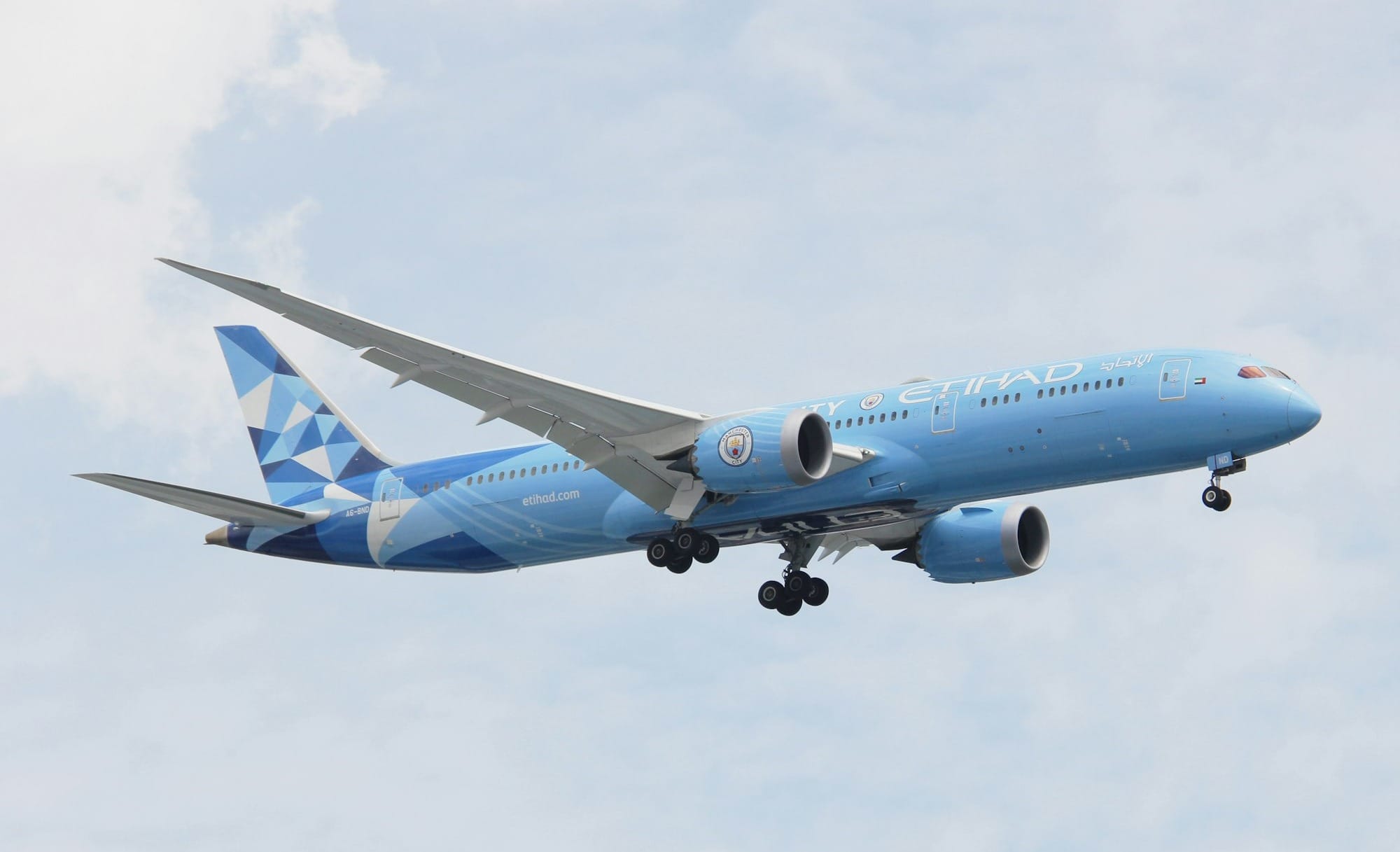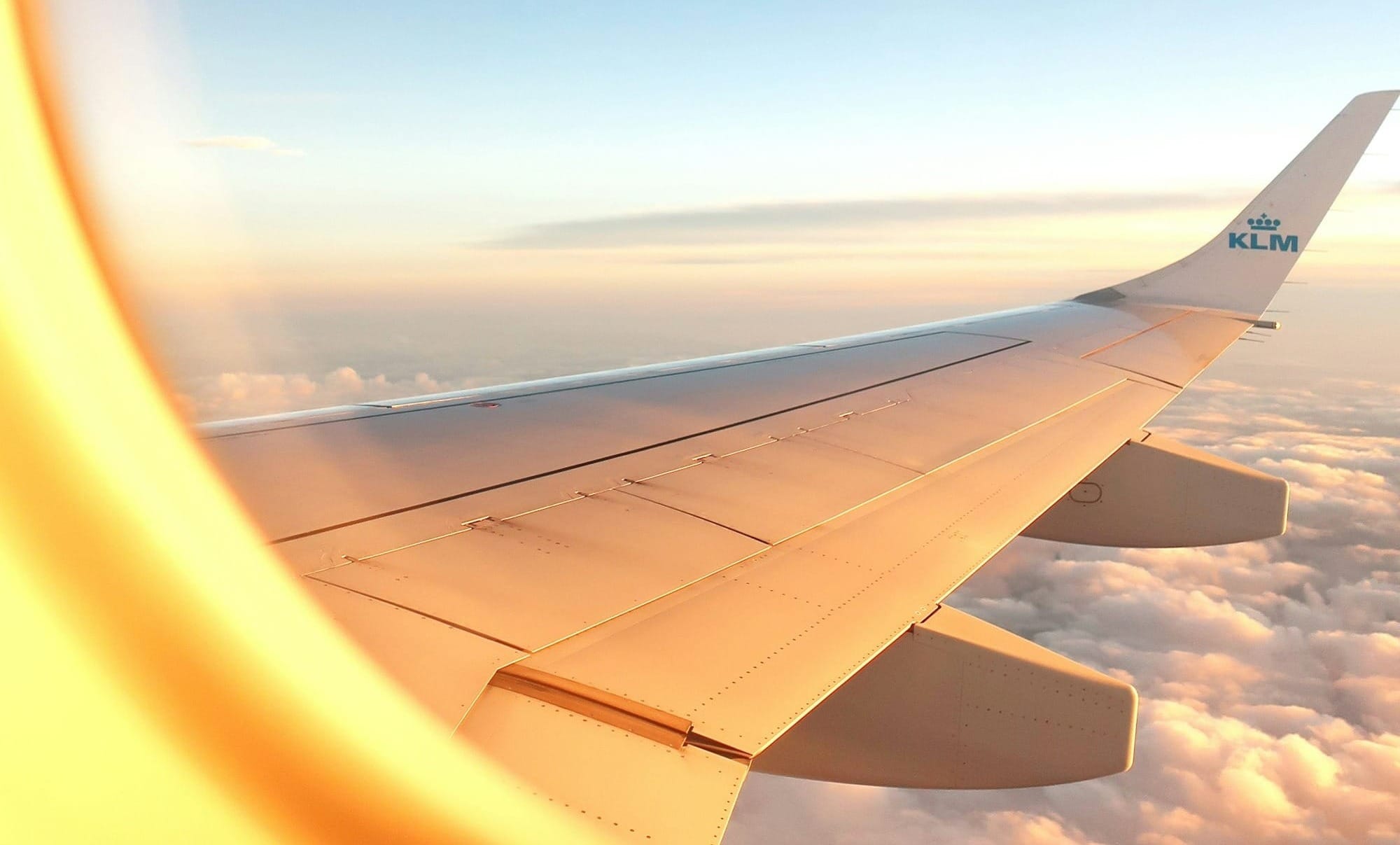Transavia France Welcomes Its First A320neo: A Leap Towards Sustainable Aviation
Transavia France, a low-cost carrier and part of the esteemed Air France-KLM Group, has marked a significant milestone in its operational history. On the 10th of January, 2024, the airline took delivery of its first Airbus A320neo aircraft...


Transavia France Welcomes Its First A320neo: A Leap Towards Sustainable Aviation
Key Takeaways:
- Transavia France, a subsidiary of Air France-KLM, has expanded its fleet with the addition of its first Airbus A320neo.
- The new aircraft, leased from Avolon, signifies a step towards more sustainable air travel, utilizing a blend of sustainable aviation fuel (SAF) for its delivery flight.
- This move aligns with the broader aviation industry's commitment to reducing its carbon footprint and enhancing fuel efficiency.
Transavia France, a low-cost carrier and part of the esteemed Air France-KLM Group, has marked a significant milestone in its operational history. On the 10th of January, 2024, the airline took delivery of its first Airbus A320neo aircraft, a modern marvel in aviation technology known for its fuel efficiency and reduced environmental impact. This delivery, facilitated through a leasing agreement with Avolon, represents a pivotal moment for Transavia France as it moves towards a more sustainable future in aviation.
The arrival of the A320neo to Transavia France's fleet is not just a matter of expanding capacity but also a testament to the airline's commitment to sustainability. The delivery flight from the Airbus facility to Paris-Orly was notably powered by a blend of sustainable aviation fuel, underlining the airline's dedication to reducing its carbon footprint. This initiative is part of a broader strategy within the Air France-KLM Group to embrace eco-efficient operations and lead the charge in the industry's transition to more sustainable practices.
A New Era for Transavia France
The introduction of the A320neo into Transavia France's fleet heralds a new era for the airline. The 'neo' in A320neo stands for "new engine option," which includes the latest technologies in aerodynamics and engines, such as the Pratt & Whitney GTF or CFM International LEAP-1A engines. These advancements contribute to a significant reduction in fuel consumption and noise levels compared to previous models, making the A320neo one of the most environmentally friendly single-aisle aircraft in the market.
Transavia France's decision to incorporate the A320neo into its fleet aligns with the airline's strategic vision of modernization and environmental responsibility. The aircraft's state-of-the-art features not only enhance operational efficiency but also offer passengers a more comfortable and quieter flying experience. With a range that allows for extended routes, the A320neo is set to become a cornerstone of Transavia France's operations, enabling the airline to explore new markets and opportunities.
Advertising
The Sustainable Aviation Fuel Initiative
The use of sustainable aviation fuel (SAF) for the delivery flight of Transavia France's first A320neo is a significant step in the airline's sustainability journey. SAF is produced from renewable resources, such as waste oils and agricultural residues, and can reduce carbon emissions by up to 80% over its lifecycle compared to traditional jet fuel. This delivery flight demonstrates the practical application of SAF and its potential to transform the aviation industry.
Transavia France's initiative to utilize SAF for the A320neo's inaugural journey is part of a larger commitment by the Air France-KLM Group to integrate SAF into regular operations. By investing in SAF and supporting its development, the group is actively contributing to the creation of a market for these fuels, which are essential for the aviation sector's transition to a low-carbon future.
The Avolon Partnership
The partnership between Transavia France and Avolon, a leading global aircraft leasing company, has been instrumental in bringing the A320neo to the airline's fleet. Avolon's expertise in aircraft financing and asset management has enabled Transavia France to access the latest aviation technology without the upfront capital expenditure typically associated with purchasing new aircraft.
This strategic leasing arrangement with Avolon not only provides Transavia France with financial flexibility but also aligns with the airline's sustainability goals. Avolon has a strong commitment to environmental stewardship and has been actively involved in promoting the use of SAF and other eco-friendly initiatives within the aviation industry.
Advantages of the Airbus A320neo
The Airbus A320neo offers a multitude of advantages over its predecessors, making it an attractive option for airlines looking to modernize their fleets. The aircraft's new engines and aerodynamic improvements provide a 20% reduction in fuel burn per seat, which translates to significant cost savings and a lower environmental impact. Additionally, the A320neo boasts a noise footprint that is 50% lower than previous generation aircraft, contributing to reduced noise pollution around airports.
For Transavia France, the A320neo's operational benefits are complemented by its passenger-centric design. The aircraft features the latest cabin innovations, including larger overhead storage, improved lighting, and enhanced seating comfort. These features ensure that passengers enjoy a more pleasant travel experience while the airline benefits from the increased efficiency and reduced operating costs.

Impact on Transavia France's Network
The addition of the A320neo to Transavia France's fleet is expected to have a positive impact on the airline's network. With its extended range and fuel efficiency, the A320neo opens up possibilities for new routes and destinations, allowing Transavia France to expand its footprint and offer more travel options to its customers.
The A320neo's capabilities align perfectly with Transavia France's business model, which focuses on providing affordable and reliable air travel. The aircraft's efficiency and performance will enable the airline to maintain competitive fares while adhering to its sustainability objectives, thus reinforcing its position in the European low-cost carrier market.
The Broader Industry Trend
Transavia France's acquisition of the A320neo reflects a broader industry trend towards more sustainable aviation practices. Airlines around the world are recognizing the need to reduce their environmental impact and are investing in aircraft that offer better fuel efficiency and lower emissions. The A320neo is at the forefront of this movement, with its advanced technology setting the standard for future aircraft development.
The aviation industry's commitment to sustainability is also evident in the growing interest in SAF and other green initiatives. As more airlines follow Transavia France's example and incorporate SAF into their operations, the demand for these fuels is expected to rise, driving further innovation and development in the sector.
The Future of Sustainable Aviation
Transavia France's embrace of the A320neo and SAF is a clear indication of the airline's dedication to sustainable aviation. As the industry continues to evolve, the focus on environmental responsibility and technological advancement will become increasingly important. The A320neo is just the beginning of what promises to be a transformative period for airlines as they seek to balance growth with sustainability.
The future of aviation lies in the adoption of eco-friendly practices and the continuous improvement of aircraft technology. Transavia France's proactive approach positions the airline as a leader in this space, setting an example for others to follow as the journey towards a more sustainable future in aviation unfolds.
Advertising
Summary
Transavia France's acquisition of its first Airbus A320neo marks a significant step in the airline's commitment to sustainability and modernization. The delivery flight, powered by a blend of sustainable aviation fuel, highlights the airline's efforts to reduce its carbon footprint and contribute to a greener future for aviation. The partnership with Avolon and the advantages offered by the A320neo's advanced technology are set to enhance Transavia France's operational efficiency and passenger experience. This move is indicative of the wider industry's shift towards more sustainable practices and the potential for continued innovation in the field of aviation.



